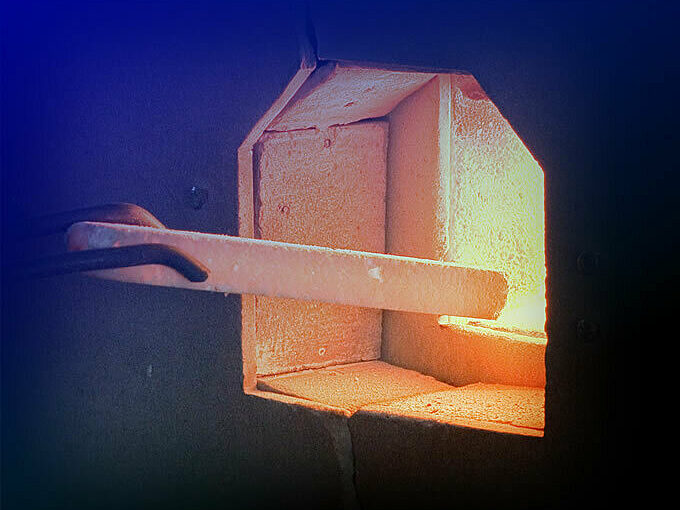High Temperature Materials Performance Testing
Lucideon offers high temperature testing up to 1600°C (2912°F) to determine the variation in mechanical properties for a range of ceramic, metallic, and composite materials.
The elevated temperature environments in which materials such as refractories and advanced ceramics (such as those used in the aerospace and defence industries) are required to perform, can present a wide range of issues in terms of property evaluation.
With our specialised testing facilities, coupled with our knowledge and expertise in refractories and advanced ceramics, we are able to help you test your components to BS, EN, ISO, ASTM standards or we can develop customised testing programs for your specific application. This gives you the confidence that your superalloy, ceramic, composite, or coating will perform as you need it to, when you need it to.

Examples of tests performed
- Compressive stress / strain up to 1500°C (2732°F)
- Creep in compression up to 1550°C (2822°F)
- Flexural stress / strain up to 1550°C (2822°F)
- Permanent Linear Change (PLC)
- Refractoriness under Load (RUL)
- Specific heat capacity
- Thermal conductivity
- Thermal expansion up to 1600°C (2912°F)
- Thermal shock resistance
- Thermomechanical Fatigue (TMF)
- Work of fracture
Our services also include the use of high temperature induction furnaces.
Typical applications
- Brake pad performance measurement
- Comparison of strengths of different refractory materials
- CO attack/ vapour corrosion on refractories used in glassmaking
- Crazing resistance in tableware
- Simulation of aircraft engine operating conditions
- Thermal shock on tableware
In addition to high temperature testing we can also perform tests in other hostile environments; including corrosive and mechanical stresses.
